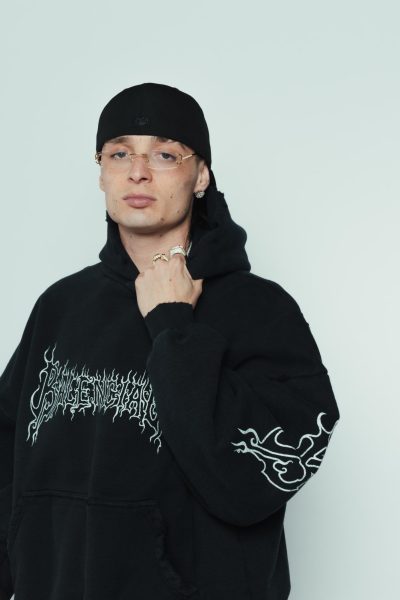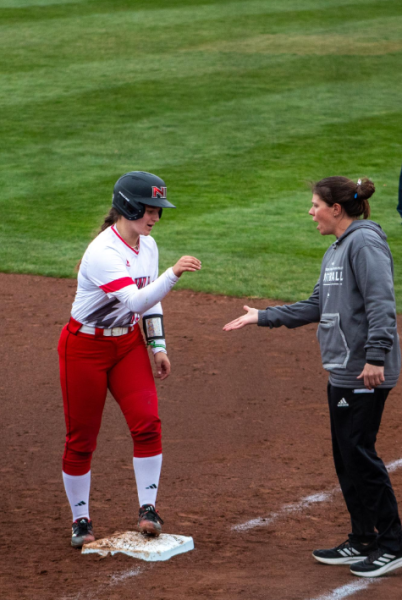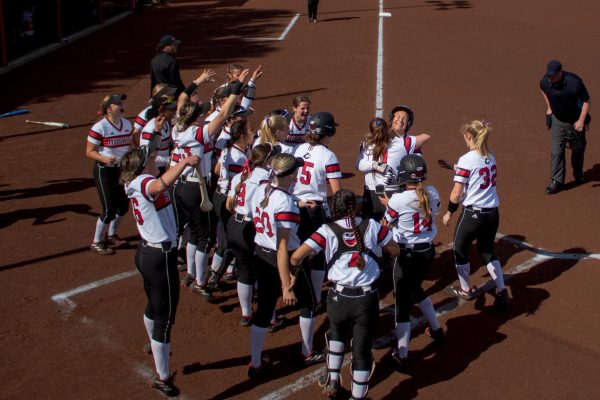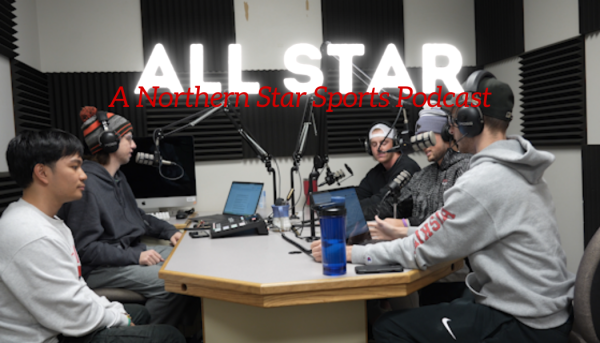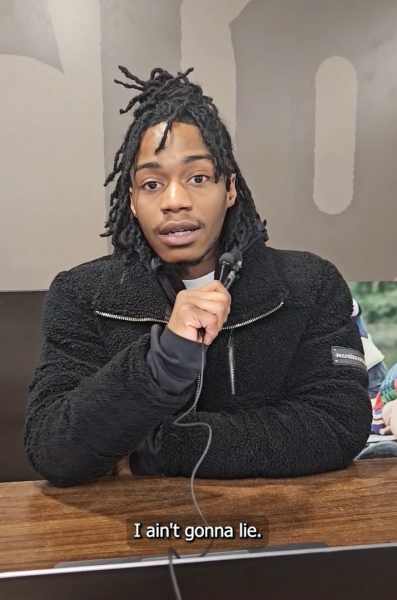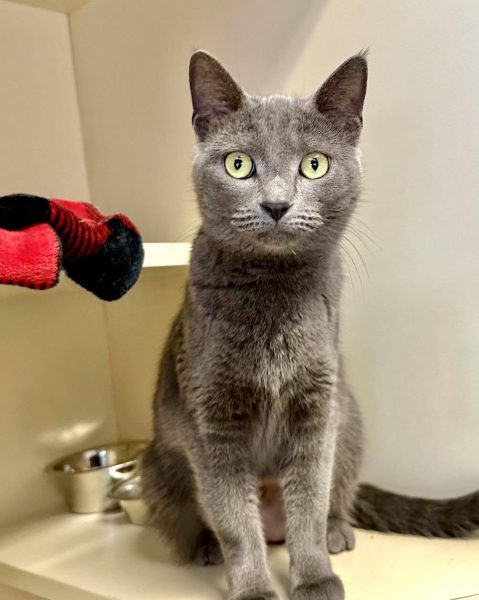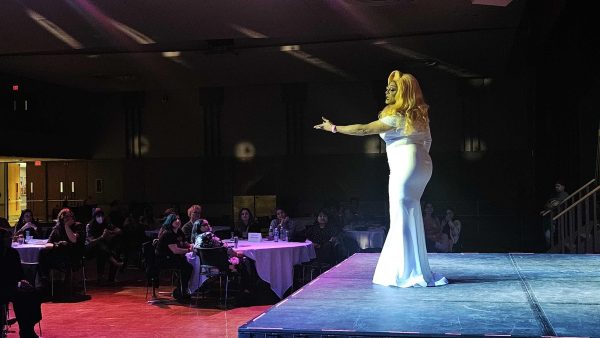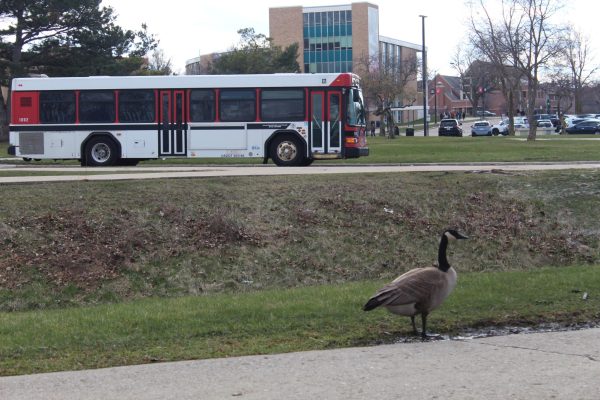The Truth of Wonder Women
October 18, 2017
“Professor Marston and The Wonder Women” is an epic tale of a forbidden relationship that took decades of research and psychological study to bring to fruition. From this romance blossomed the brave comic book heroine Wonder Woman.
In “Professor Marston and the Wonder Women,” Luke Evans plays Professor Marston, and the movie showcases his life story and what inspired his creation of Wonder Woman. The movie was produced by Annapurna pictures and grossed $736,883, ranking at 14 after showing in 1,229 theaters domestically.
This film is a biopic of Marston and his polyamorous relationship with his wife Elizabeth, played by Rebecca Hall, and a young college student Olive Byrne, played by Bella Heathcote. The film was the inspiration of director, writer and creator Angela Robertson, who is credited with producing “Trueblood,” “The L Word” and the cult film “D.E.B.S.” Robertson is known for producing many LGBTQIA characters in her past, this film is no different.
The film leaves very little detail out about the relationship that Dr. Marston shared with his wife and their lover. Hollywood tends to romanticize sexual encounters, however seemingly innocent, and warp them into fetishized alternate realities. The film kept a respectful distance but still told the story of an iconic superheroine. The film made special note that Miss Byrne would have to remain unmarried, something that would still be true for today, something I wished the film had addressed in better detail. How her being an unmarried woman would have greatly affected her life had Marston not been successful in creating Wonder Woman.
The historical accuracy was front and center, making sure not to leave out Marston’s contribution to the invention of the lie detector machine. The clothing the characters wore, from 1928 to when the movie begins to 1945, was taken into account, something that a lot of historical films fall short with. The small details were definitely important as well, with the inclusion of Dr Marston’s love of planes.
The most successful part of the movie was the storyline of Mrs. Marston, who found that loving another woman was forbidden but not completely out of the question. The struggle she goes through accepting her love for Byrne was the most notable accomplishment of the movie. Their love was the truth to their lives, and Wonder Woman was a metaphorical representation for their love and gave public light to their relationship.
As a member of the lesbian community and as a gendered historian, I feel the film amplified the struggle people went to for love, especially same sex couples. Evans had a solid performance, but Hall and Heathcote stole the show by showing with great accuracy the struggles that went along with feeling a romantic attraction to someone of the same gender.
The rating of R is undoubtedly necessary with the sexual and verbal content used throughout the film, but the tastefulness of telling such a story of love and struggle was much needed. Very often Hollywood shies away from films that show controversial type of content. I find it riveting that the makers didn’t back down from the story of Wonder Woman. Especially right now with “Wonder Woman” and “Justice League” fresh on the minds of movie-goers.



